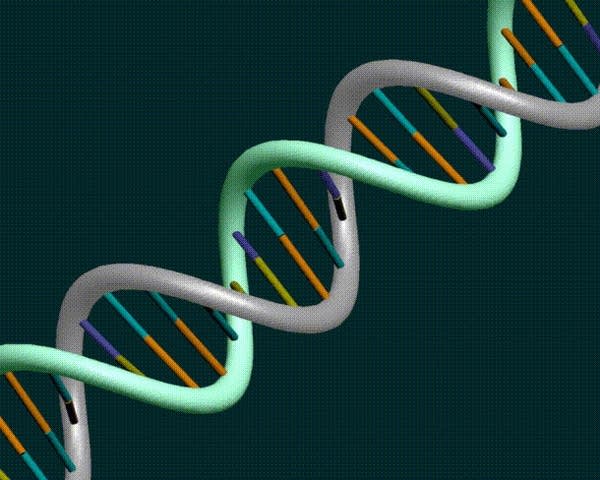Genes make their way into public health discussions
Go Deeper.
Create an account or log in to save stories.
Like this?
Thanks for liking this story! We have added it to a list of your favorite stories.

People are increasingly able to use their own genetic information to make personalized health-care decisions. Angelina Jolie made headlines around the world when, on the strength of a genetic disposition to breast cancer, she underwent a preventive double mastectomy.
But advances in genetic sequencing are starting to affect not only personal health decisions but public health decisions as well. For example, we now know more about how people's individual genetic profiles influence their response to different vaccines. How will that information affect vaccine development? How will public health officials make broad recommendations, knowing that individuals may react differently based on their unique genetic profiles?
LEARN MORE ABOUT GENES AND PUBLIC HEALTH:
•
The Key Role of Genomics in Modern Vaccine and Drug Design for Emerging Infectious Diseases
It can be argued that the arrival of the "genomics era" has significantly shifted the paradigm of vaccine and therapeutics development from microbiological to sequence-based approaches. Genome sequences provide a previously unattainable route to investigate the mechanisms that underpin pathogenesis. ... Furthermore, human genomics and related studies are providing insights into aspects of host biology that are important in infectious disease. This ever-growing body of genomic data and new genome-based approaches will play a critical role in the future to enable timely development of vaccines and therapeutics to control emerging infectious diseases. (PLOS Genetics)
Turn Up Your Support
MPR News helps you turn down the noise and build shared understanding. Turn up your support for this public resource and keep trusted journalism accessible to all.



